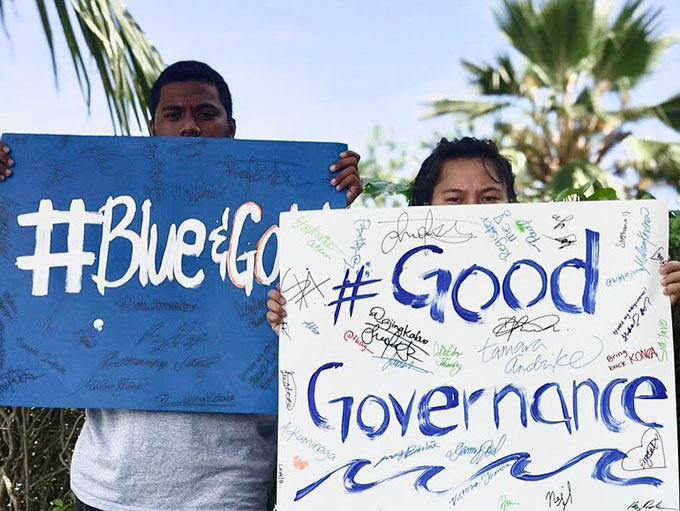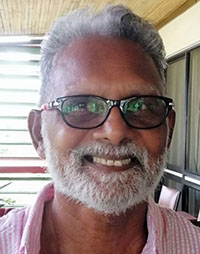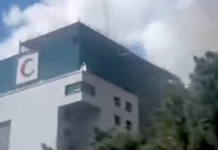
COMMENTARY: By Devendran Kumaran
Universities of today are a key part or component for modern economies’ socioeconomic prosperity. For centuries, higher learning institutions have been a place for professional classes and where academic research is fostered.
Early institutions of higher learning existed long before universities, as we know them today, came into the picture.
Drona, in the epic Mahābhārata, taught arjuna – the art of archery. The latter was part of a class or group learning about the use of bows and arrows as well as knowing the philosophies of war as in the Hindu dharma.
READ MORE: Covid, culture and USP’s fight to save academic freedom

Egypt and Mesopotamia had scholars conducting research and who also worked with affiliated learning institutions.
However, when speaking of universities, the key phrase is scholars passing on knowledge. Those teachers or scholars were people of regard and respect. Those gurus were highly looked up to for answers of all sorts.
For that reason, some universities were part and parcel of religious bodies; and generally, the monks and nuns were the scholars in those higher learning institutions.
Now to the main issue of my talanoa here: The University of the South Pacific has, since early this year, been in the spotlight, just as covid-19 has been since November 2019.
USP has been ill for years
No, China isn’t in anyway responsible for the fiasco at USP – it may not be even for covid-19, as Trump so assertively claims.
The USP on the other hand, and according to documents in the public domain, has been ill for several years. It has placed itself in the limelight, not for academic excellence, as it often claims to be doing, but for lackadaisicalness in establishment and management of administrative rules.
Leaving the institution open for perhaps a bit of “self-service”.
Much is out in the public arena, for everyone’s substantiation of claims regarding the financial losses.
However, what largely concerns many is that, instead of perhaps getting down to plugging the problematic issues, the institution instead looks elsewhere for the blame; or is there indeed a Laucala-gate affair?
Isn’t Fiji’s governance is highly transparent? And yes, the fiasco claims to have also unravelled or maybe unmasked a few scholars too.
I am not speaking of Zorro’s mask but of academics with questionable degrees. Iin my life as an executive public administrator unmasked a few who claimed to possess academic degrees.
Cut-and-paste dissertations
Aren’t several academics running with masters or PhDs and professorial credentials which were acquired via what is call, cut-and-paste dissertations?
Whatever, there are always a few who will defend a lie.
Australia and New Zealand, as well as a few Pacific Island countries, which lately claim to be the “owners” of USP, are also questioning the matters currently affecting USP’s governing body.
In fact, claims have also been made that Fiji is trying to stop transparency, prudent management, and accountability at the USP.
From what I read in the media, and that includes Facebook, Fiji is acting as the big daddy of the USP.
And currently at USP, the now suspended vice-chancellor, who merely wanted to ensure the credibility of a scholarly institution, is bullied, terrorised, and what not.
Why? There really is no protection of whistle-blowers, as blatantly mooted by governments.
Or was the vice-chancellor expected to take all the blame, upon finishing his employment at the USP?
This university is indeed in a crisis – let’s blame covid-19. Who knows, at the end, the USP might no longer be the novel corona of the Pacific.
Devendran Kumaran, a retired civil servant is now a fulltime novelist and a public issues commentator. An alumni of USP, he is the author Mannu’s Karma, A Hint of Blue, The Luxman Factor, and Dogman.













































